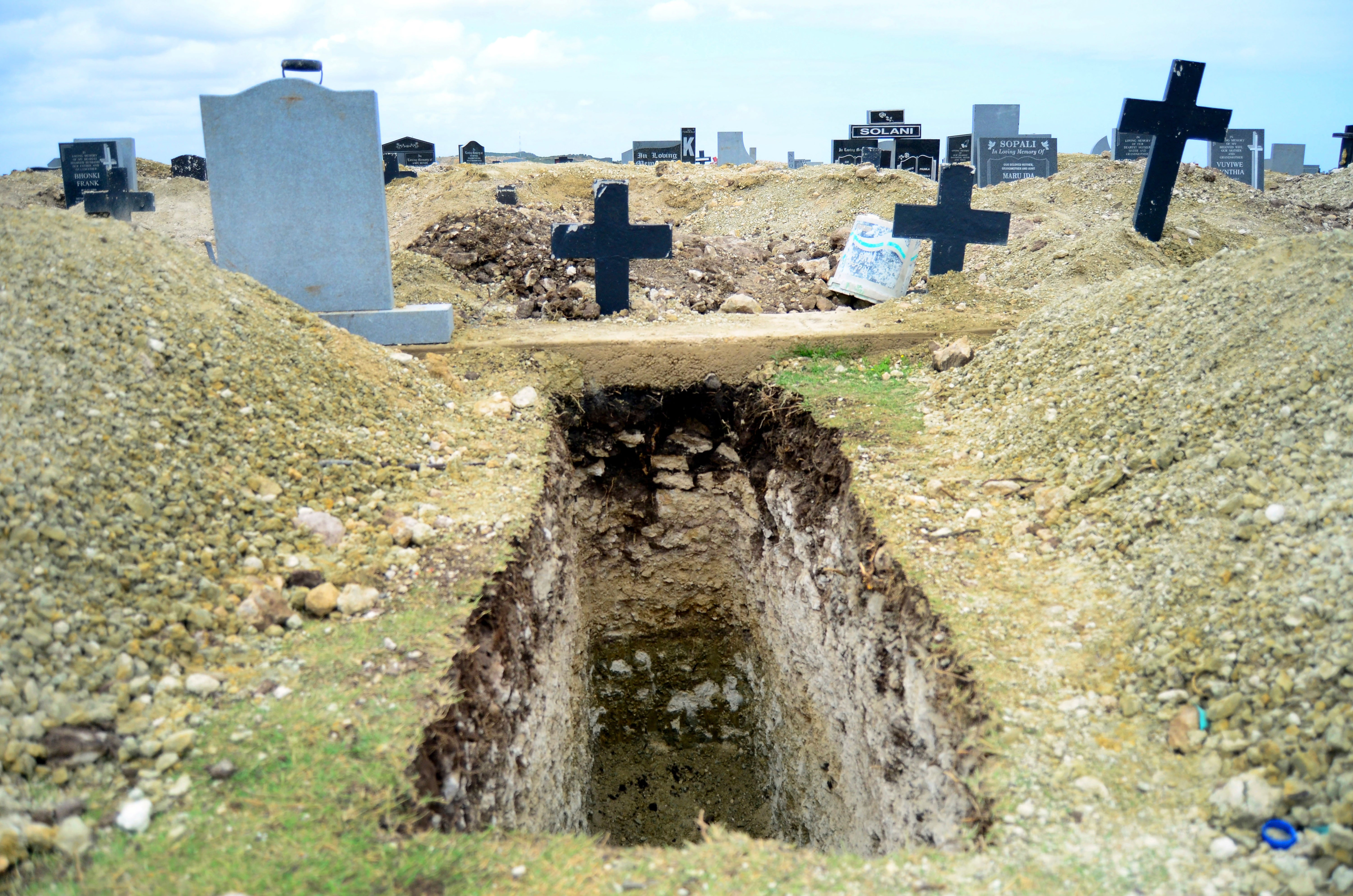South Africa sees sharp rise in virus, part of African wave
South Africa's health minister Zweli Mkhize said the country is seeing a dramatic rise in COVID-19 cases and is bracing for increased hospitalizations and deaths

Your support helps us to tell the story
From reproductive rights to climate change to Big Tech, The Independent is on the ground when the story is developing. Whether it's investigating the financials of Elon Musk's pro-Trump PAC or producing our latest documentary, 'The A Word', which shines a light on the American women fighting for reproductive rights, we know how important it is to parse out the facts from the messaging.
At such a critical moment in US history, we need reporters on the ground. Your donation allows us to keep sending journalists to speak to both sides of the story.
The Independent is trusted by Americans across the entire political spectrum. And unlike many other quality news outlets, we choose not to lock Americans out of our reporting and analysis with paywalls. We believe quality journalism should be available to everyone, paid for by those who can afford it.
Your support makes all the difference.South Africa is seeing a dramatic rise in COVID-19 cases and bracing for increased hospitalizations and deaths, said the country’s health minister Zweli Mkhize.
"It is important for us to recognize that this now is a second wave,” said Mkhize in a statement. “There is going to be exponential growth. This means we must expect faster-rising numbers with a higher peak, possibly, than the first wave.”
South Africa’s new wave is likely to spike so quickly that it could overwhelm hospital capacities in some regions, he warned.
South Africa's surge highlights that a new wave of the disease is sweeping across Africa, John Nkengasong, the head of the African Centers for Disease Control and Prevention, said Thursday.
South Africa recorded 6,700 new cases on Wednesday night, the country’s highest number of new cases since August. South Africa's 7-day rolling average of daily new cases has risen over the past two weeks from 4.4 new cases per 100,000 people on Nov. 25 to 7.7 new cases per 100,000 people on Dec. 9.
The country has a cumulative total of 828,598 cases of COVID-19, including 22,574 deaths. South Africa accounts for more than 35% of all reported cases in Africa, a continent of 54 countries and 1.3 billion people.
South Africa's cases are expected to increase as people travel around the country for the festive season and fail to adhere to prevention measures such as wearing masks and social distancing, said Mkhize.
Young South Africans are the drivers of the new wave, said Mkhize, pointing out that the largest number of new cases is in the 15-to-19 age group. This has been blamed on a large number of young people attending parties, where they consume alcohol and do not wear masks or maintain a social distance.
“This inevitably leads to superspreader events which spill over into the rest of the country as this age group is highly mobile and the majority of the carriers are asymptomatic,” said Mkhize.
Earlier this week South Africa identified rage parties — large, private, end-of-year graduation parties — as superspreader events and ordered those who attended them to immediately go into a 10-day quarantine.
South Africa has eased tough lockdown regulations as it attempts to resuscitate its economy, which was battered by the two-month lockdown in April and May that shut most parts of the economy and caused an economic downturn, increasing unemployment and hunger in the world's most unequal country.
South Africa has reopened to international travel and lifted restrictions on the sale of alcohol.
However, tougher restrictions have been imposed for the metropolitan area of Nelson Mandela Bay in the Eastern Cape province, which was identified as a hotspot for the virus.
South Africa is among countries seeking to secure a safe vaccine for its population, with the government's Solidarity Fund announcing that it has the equivalent of $21 million to purchase the first batch of doses.
The country is also participating in the clinical trials of the vaccine developed by Oxford University and AstraZeneca that has been announced to be 70% effective.
Subscribe to Independent Premium to bookmark this article
Want to bookmark your favourite articles and stories to read or reference later? Start your Independent Premium subscription today.